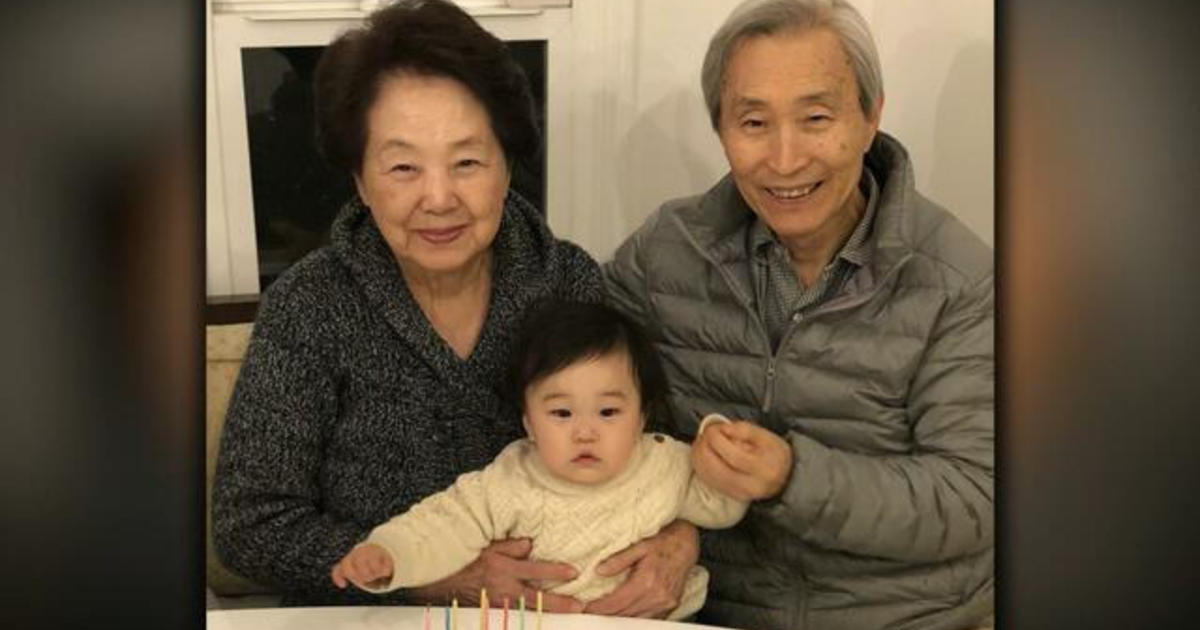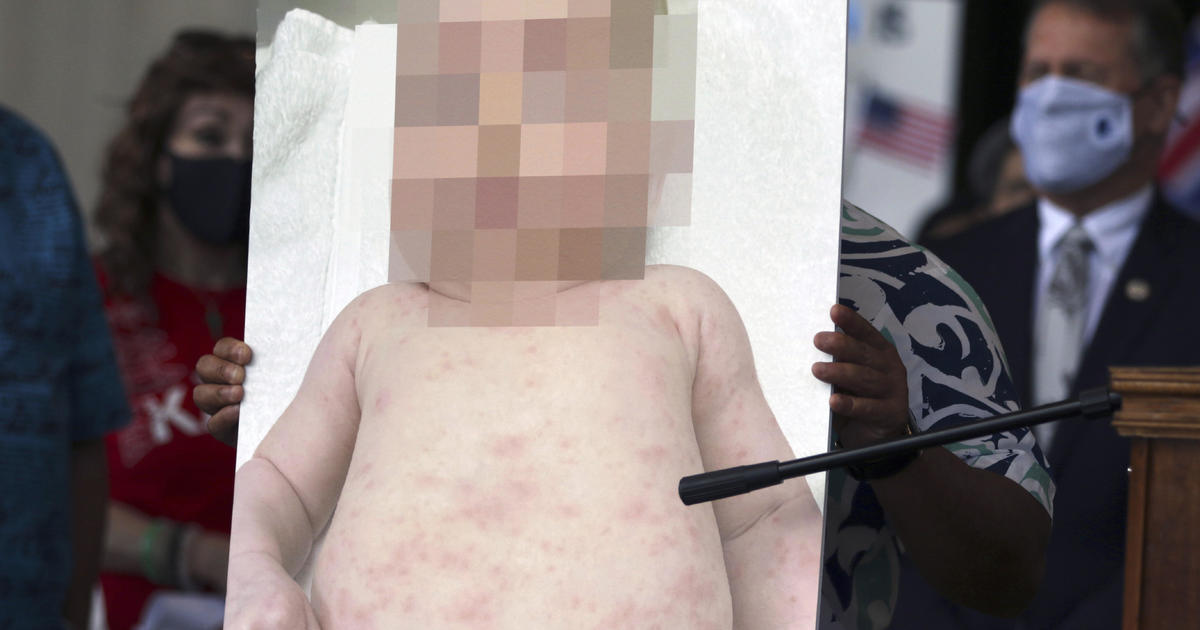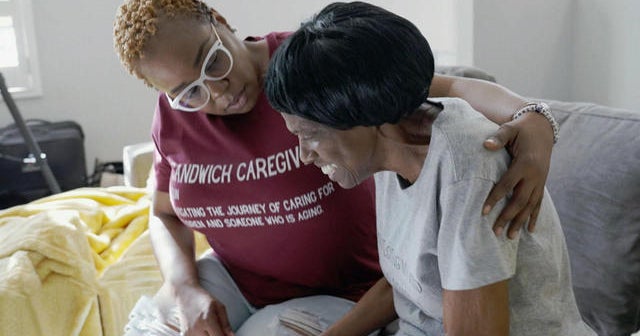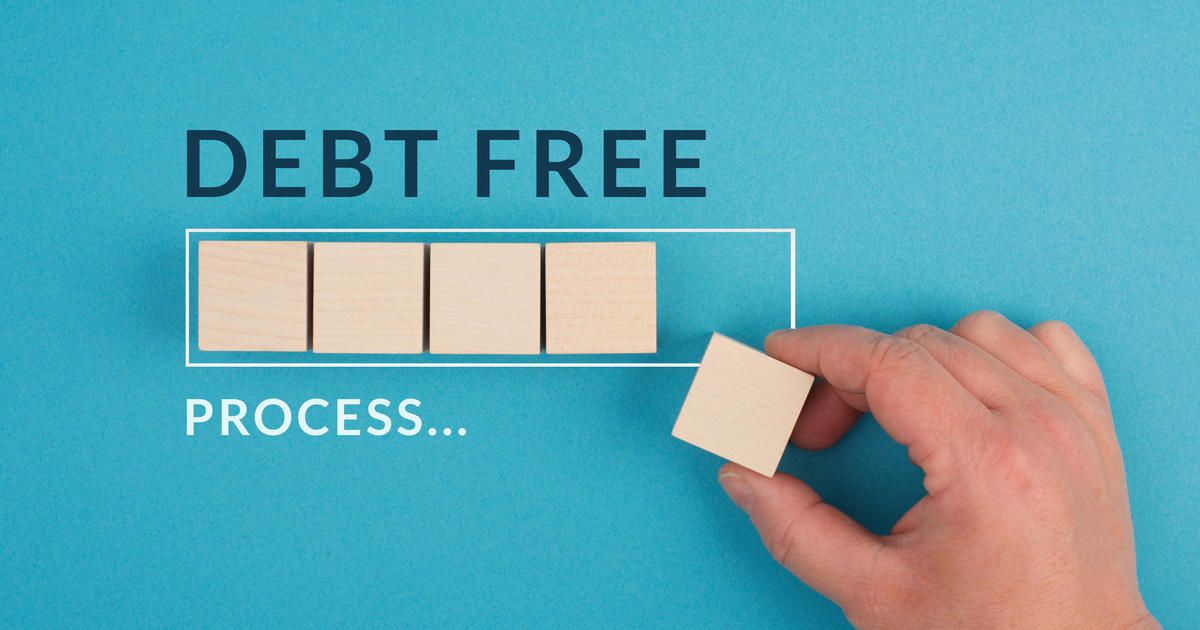U.S. investing billions to expand high-speed internet access to rural areas: "Broadband isn't a luxury anymore"
Many Americans take a solid internet connection for granted. Many others, however, are living in areas where they can't even get online.
Now, the U.S. government is working to bridge the digital divide by expanding access to broadband.
Recent data from the Federal Communications Commission (FCC) found that more than 8.3 million homes and businesses nationwide don't have access to high-speed broadband service.
For Amanda Moore, that means that when she can't get online, she doesn't just reset her router or modem. Instead, she takes her laptop for a ride and drives up a hill behind her house to hunt for a hot spot.
"It's kind of like — you share your favorite place to shop, we share our favorite places to get signal," she said of her and her neighbors' struggle to get online.
Moore lives in Clay County, West Virginia, where the FCC estimates about a third of homes and businesses don't have high-speed broadband access. While she often works from home now for the United Way, she was a professional photographer for 20 years and didn't have the bandwidth to upload files, which turned out to be much more than an inconvenience.
"It absolutely altered my career path," Moore said. "I didn't have time to wait for the infrastructure to catch up to, you know, the business that I wanted to have. So I just had to let it go."
Commerce Secretary Gina Raimondo is leading the Biden administration's $65 billion broadband push, which is part of the bipartisan infrastructure law signed in 2021. The effort will work to help families like Moore's, she said. The goal is make broadband universally available in the next five years, and a plan to lower the cost of the utility is also in place.
"Broadband isn't a luxury anymore. It's a necessity," Raimondo said.
She also said internet access is "essential" to maintaining America's competitiveness with China.
"Tapping into everyone in America — boys, girls, people of color, people living in rural America — will make us stronger. And if those are the people who don't have the internet, we're losing out on their talent," Raimondo said.
Jayleigh Persinger, a student in Hico, West Virginia, often struggles to complete her schoolwork because her home doesn't have broadband. Persinger, 15, said the lack of fast service "makes it very hard" to get work done
"It takes me about like, a minute to five minutes to like, reconnect," Persinger said. "And by that time, with my ADHD, I'm like, 'Okay, is this even like worth doing?'"
Richard Petitt, the principal of Persinger's school, said that isn't unusual. Some students in the school can't connect to the internet at all, he said.
"We have a lot of kids that live up in the back hollers of our area that just doesn't have the option, or they can't afford it at home," he said. "If we don't do something to address the gap, we can only determine that we're going to leave people behind."
Now, every state in the nation will receive federal funding to expand broadband access. Exactly how the billions of dollars will be divided will be announced by the end of June, based on a newly-released FCC coverage map. But even with that influx of cash, it may still be a long road.
"The biggest challenge is topography," Raimondo said. "You think about some places out in the West, or anywhere, really, with mountain ranges with difficult physical circumstances, but we will get it done."
For Moore, it can't get done soon enough.
"Broadband access would make me probably sing and dance," she said. "It would make my life easier. It would make everybody's lives a lot easier."




